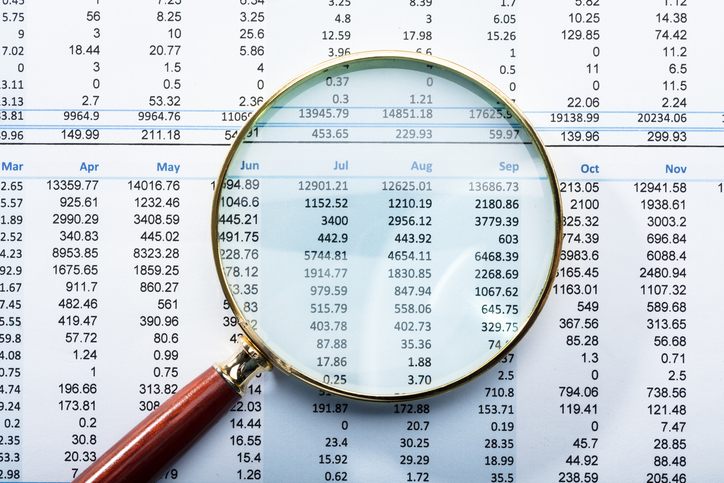Yesterday, Reps. Strom Peterson and Mary Dye were on TVW to discuss a proposal in the legislature to ban plastic grocery bags in Washington state. A few claims in that discussion deserve a fact check.
We have noted that a ban on plastic bags is likely to increase environmental harm because scientific analysis demonstrates that alternatives are worse for air and water quality. Some of our concerns were raised in the TVW discussion. Some of the responses were simply inaccurate.
Is the science on the environmental impact of cotton bags reliable?
Rep. Peterson was asked about studies showing the impact of reusable cotton bags are far more harmful to the environment. He responded that, “some of these studies were actually done by the plastics industry themselves so the studies themselves I have a little bit of question.” This is false.
The most recent study was completed by the Danish Environmental Agency and found that cotton bags we far more environmentally harmful than plastic bags. This echoes the finding of the U.K. Environment Agency that found the same thing. Rather than address the science, this false claim is a way to ignore the fact that encouraging people to switch to cotton bags would be environmentally destructive.
Ironically, Rep. Peterson’s dodge is based in the assumption that groups with a financial stake, like the plastic bag industry, aren’t trustworthy. Ironically, then, Rep. Peterson brags that his bill is supported by the Grocers Association and independent grocers, who have a financial interest in requiring people to buy the more expensive, reusable bags as opposed to taking bags paid for by the grocers. If we want to argue those with a financial interest are untrustworthy, it applies to his allies in the grocery industry.
Do life-cycle analyses account for the full costs?
Rep. Peterson next claims, “these studies don't take into effect is the ultimate lifecycle of these bags how they affect our recycling stream.” This is also false.
The Danish study from 2018 notes, “The environmental assessment of the carrier bag alternatives was carried out with Life Cycle Assessment (LCA), which is a standardized methodology that takes into account the potential environmental impacts associated with resources necessary to produce, use and dispose the product, and also the potential emissions that may occur during its disposal.” So, the analysis includes all aspects of the lifespan, from resources to disposal and even impacts after disposal.
Peterson claims plastic bags “literally shut down recycling.” This is an exaggeration. It is true that plastic bags can get tangled in recycling equipment, requiring recyclers to stop the line and remove them. I have seen this personally on a tour of a new recycling facility. Recyclers, however, can fix the problem. It is a real, but manageable problem that doesn’t change the calculus of various bags. Rep. Peterson offers nothing more than an insinuation to contradict the consensus science from two government agencies and many others who have examined the issue.
Additionally, it is ironic to fret about the convenience of recyclers by proposing a bill that inconveniences a huge number of grocery customers. The key question is what is good for the environment and harming the environment (as switching to cotton bags would) for the convenience of recyclers is a strange argument for a bill that claims to help the environment.
Will a bag ban reduce ocean plastic?
Rep. Peterson’s claims that a ban on plastic bags would prevent “those single use kind of flimsy plastic bags that that end up in our water supply.” TVW host Mike McClanahan asked if a ban would really make a difference, noting that tiny Sri Lanka puts much more plastic in the ocean than the U.S.
Rep. Peterson responded that Washington residents use a lot of plastic bags and that we should reduce the number, saying, “It kind of reminds me of the Sesame Street skit when I was a little kid where each person walks by and drops a little piece of garbage on the ground and then you turn around and there's a giant pile of garbage but everybody says well I didn't do that so you know lessons from when I was five or six years old watching that I think ring true that we have to do our part in Washington not only to reduce our litter but also to help lead the nation and hopefully the world when it comes to these ideas on reducing our dependence on single use plastics.”
What is missing in this folksy response is whether the policy would actually make a difference. Rep. Peterson specifically cites impact to water as a justification for the policy, but when asked if his proposal would have a meaningful impact, he doesn’t have an answer.





